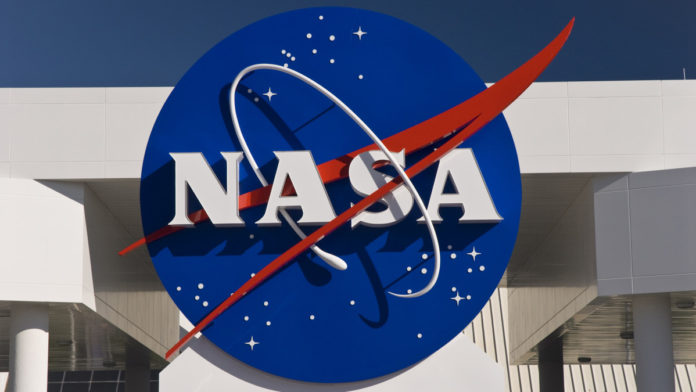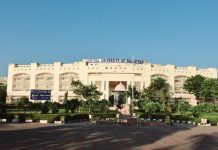New Delhi | The US space agency has begun to take its next giant leap with its Artemis lunar programme to put “the first woman and the next man” on the Moon by 2024. “Artemis 1 will launch NASA’s Orion spacecraft and Space Launch System (SLS) rocket around the Moon to test the system and pave the way for landing the first woman and the next man on the Moon in five years, as well as future missions to Mars,” said NASA Administrator Jim Bridenstine.
“Similar to the 1960s, we too have an opportunity to take a giant leap forward for all of humanity. NASA is calling this the Artemis programme in honour of Apollo’s twin sister in Greek mythology, the goddess of the Moon. And we are well on our way to getting this done.” The astronauts would explore regions of the moon never visited before, unlock mysteries of the Universe and test the technology that will extend the bounds of humanity farther into the solar system.
“On the lunar surface we will pursue water, ice and other natural resources that will further enable deep space travel. From the Moon, humanity will take the next giant leap to Mars,” said the agency. “Working with US companies and international partners, NASA will push the boundaries of human exploration forward to the Moon. Through Artemis, the agency will establish a sustainable human presence at the Moon by 2028 to continue scientific research and discovery, demonstrate new technologies, and lay the foundation for future missions to Mars.”
Returning astronauts to the Moon in 2024 could cost about $30 billion, or roughly the same price tag as the Apollo 11 spaceflight when factoring in inflation. The total cost of the Apollo programme that the US launched in 1961 and concluded in 1972 was $25 billion.
Artemis 1 will be carried aboard a Orion spacecraft and a next-generation SLS rocket. The plan is that the mission will start with sending a team to the moon for 2024, and then the moon can be used as a stopover for planned manned missions to Mars.
Engineers recently completed building and outfitting the Orion crew module at Kennedy Space Center in Florida.




